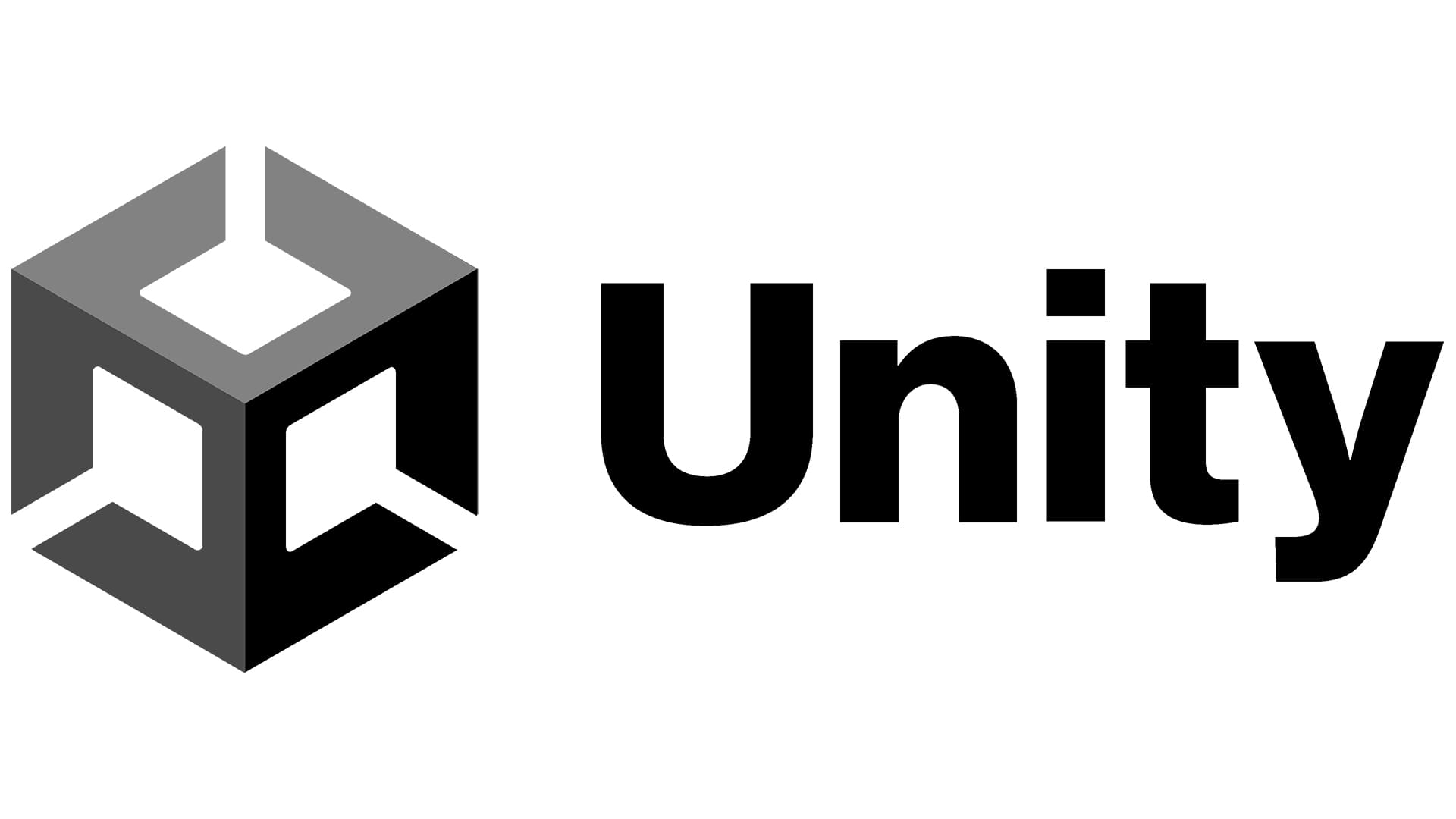The ninth day of Ridván, a significant occasion in the Bahá’í calendar, presents an opportune moment to reflect upon the profound teachings surrounding the Unity of the Human Family. This essential tenet, deeply embedded in the fabric of Bahá’í beliefs, underscores the imperative of fostering unity among all individuals, transcending geographical, cultural, and social barriers. As the Bahá’í community commemorates this day, a closer examination of the implications of unity prompts an exploration of the underlying motivations for its vital importance in today’s multifaceted global society.
The observance of Ridván commemorates the declaration of Bahá’u’lláh, the founder of the Bahá’í Faith, who proclaimed His mission to unite humanity. His teachings reveal that unity is not merely a noble aspiration but a fundamental necessity for the survival and advancement of civilization. The ninth day of this festival, therefore, invites believers and admirers alike to embrace the essence of this vision: a harmonious global community wherein every individual is esteemed and appreciated.
A poignant observation arises when considering how the ideals of unity resonate profoundly, especially in confronting the pervasive divisions that characterize contemporary existence. Across continents, individuals grapple with conflict, discrimination, and estrangement. The Bahá’í perspective offers a transformative lens through which these challenges can be addressed. Bahá’u’lláh’s writings advocate for the recognition of the oneness of humanity, asserting that all people, regardless of race, religion, or nationality, are intrinsically connected. This philosophical framework posits that the progress of any one individual implicates the entire collective; thus, the flourishing of society is contingent upon the welfare of all its members.
This principle articulates a foundational truth: Recognizing the interconnectedness of humanity engenders empathy. Empathy breeds compassion, which in turn cultivates a spirit of cooperation, essential for resolving the innumerable disputes and injustices that plague our world. As individuals internalize the teachings of unity, they are inspired to transcend self-serving motivations and embrace collective responsibility. This shift in perspective is particularly critical in an era marked by rising nationalism and sectarian strife. The ninth day of Ridván emphasizes this theme, encouraging believers to engage in acts of service that promote understanding and goodwill among disparate groups.
Furthermore, celebrating the ninth day of Ridván provides an opportunity to explore historical exemplars of unity in diversity. Through myriad examples, the Bahá’í Faith illustrates how individuals and communities can come together, drawn by a shared commitment to a common cause. Stories of collaboration among diverse cultures unfurl as testaments to the belief that unity does not necessitate uniformity. Each culture, tradition, and personality contributes a unique thread to the tapestry of civilization, enriching the collective experience. This interwoven existence strengthens resilience against divisive ideologies that seek to isolate individuals from one another.
Moreover, the observance of the ninth day serves as a reminder of the practical dimensions of unity. Bahá’í teachings advocate for the establishment of inclusive institutions and governance structures that reflect the reality of a unified world. Such frameworks promote collaborative dialogue and collective decision-making, ensuring that every voice is valued. This representation is intrinsic to nurturing a society where the rights and dignity of all individuals are upheld. During the celebrations, Bahá’ís worldwide engage in discussions and initiatives that embody this principle, fostering an environment conducive to peace and solidarity.
Another crucial element of the Bahá’í approach to unity is education. Education serves as a catalyst for change, empowering individuals with the knowledge and skills necessary to navigate and transform the complexities of their environments. The ninth day of Ridván echoes this emphasis on learning. Bahá’í educational initiatives commonly incorporate curricula that highlight the importance of unity, teaching individuals from a young age to cultivate respect, understanding, and cooperation. Engaging youth in these values establishes a foundation upon which future generations can build a more harmonious society.
Additionally, the intrinsic link between spirituality and unity cannot be overlooked. Bahá’í teachings underscore that true unity cannot be achieved without a spiritual foundation. The heart, when aligned with divine teachings, fosters love and acceptance, transcending personal grievances and promoting a collective vision of humanity. Spirituality enables empathy to flourish and empowers individuals to extend compassion toward others, irrespective of their differences. During Ridván, the reiteration of this connection serves to reinforce the aspiration for a spiritually congregated global family.
In conclusion, the ninth day of Ridván stands as a clarion call to embrace the teachings of unity found in the Bahá’í Faith. Celebrating this day invites a deeper appreciation of the interconnectedness of humanity, as well as a commitment to practical initiatives that promote inclusivity and cooperation. As individuals reflect upon their roles within a global community, they are inspired to contribute to a legacy of unity—one that recognizes the inherent worth of every person and strives for the equitable advancement of all. The responsibilities that accompany this understanding may feel immense, yet the teachings of Bahá’u’lláh illuminate a path forward, one characterized by hope, resilience, and an unwavering commitment to the principles of the oneness of humanity. The observance of the ninth day of Ridván not only commemorates a pivotal moment in history but also galvanizes collective action toward a harmonious future.
